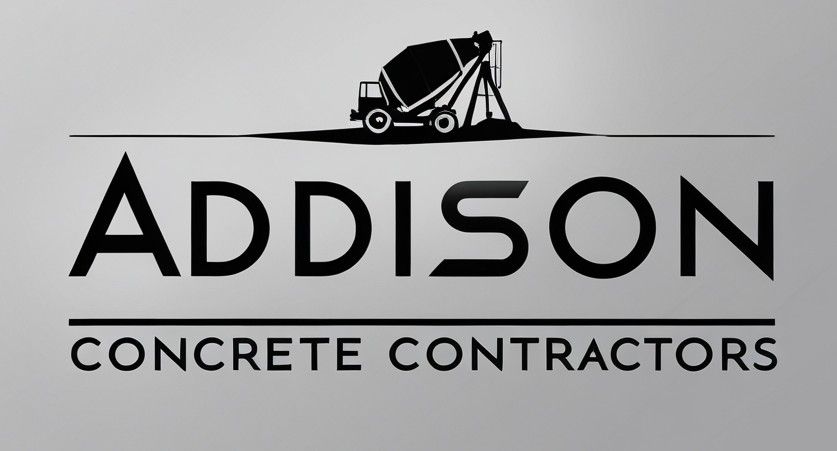Why Does Concrete Crack? 7 Causes Explained
Concrete is known for its strength and durability, which is why it's one of the most widely used building materials around the world. But even the most well-installed concrete can eventually show signs of cracking. If you’ve ever wondered why your concrete driveway, patio, or walkway developed cracks over time, you’re not alone. In this blog, we’ll explore the seven most common causes of concrete cracking and what you can do to prevent them.
1. Shrinkage During Curing Concrete naturally shrinks as it cures. As the water inside the mix evaporates, the concrete hardens and reduces in volume. If the concrete isn't cured properly or if the mix contains too much water, the shrinkage can create internal stress that leads to cracking.
2. Subgrade Movement The soil or subgrade beneath the concrete plays a crucial role in supporting the slab. If the ground shifts, settles unevenly, or wasn’t properly compacted, it can cause the concrete to move or sink in certain areas, resulting in cracks on the surface.
3. Temperature Fluctuations Concrete expands in hot weather and contracts when it cools. Repeated cycles of expansion and contraction cause stress, which can lead to cracking if control joints are not properly placed or if the slab lacks the ability to flex slightly.
4. Overloading Concrete is strong under compression but can still be damaged under excessive weight. Parking heavy vehicles or equipment on a slab that wasn't designed for such loads can cause cracking and structural compromise.
5. Tree Roots and Vegetation Roots from nearby trees and large plants can push up beneath concrete slabs, causing uneven surfaces and cracks. Over time, the force from root growth is enough to lift sections of concrete.
6. Improper Mixing or Installation Mistakes during the mixing or installation process, such as incorrect water-to-cement ratio, lack of reinforcement, or inadequate curing methods, can reduce the strength and integrity of the slab and lead to premature cracking.
7. Lack of Control Joints Control joints are strategic cuts made in the concrete to help guide where cracks will occur. Without these joints, cracks may appear randomly and more visibly, affecting both the structural integrity and appearance of the concrete.
How Coppell Concrete Pros Helps Prevent Cracking
We understand the causes of concrete cracking and take proactive steps to minimize them in every project. From properly preparing and compacting the subgrade to using high-strength mixes with fiber reinforcement, our team ensures a solid foundation from the start. We install rebar for added structural support, place control joints at optimal intervals, and use correct curing methods to allow the concrete to set evenly and resist shrinkage cracks.
Whether you’re installing a driveway, patio, or walkway, we’re committed to delivering long-lasting results that resist cracking and maintain their appeal for years to come.
Need Help With Your Concrete Project? Contact Addison Concrete Contractors today for a free estimate and consultation. Let’s build something strong together.
